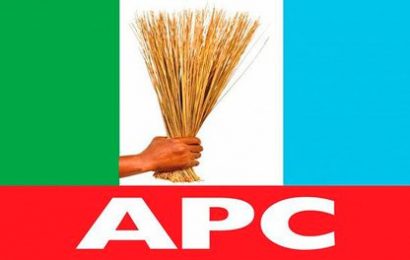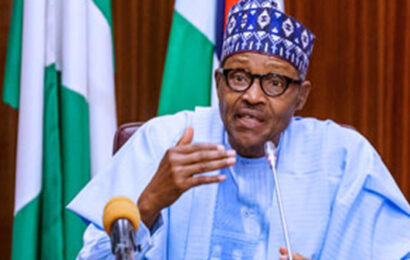
The Minister of Education, Mallam Adamu Adamu, on Monday said that the Federal Government would patronise local printers and publishers of educational materials over their foreign counterparts.
The minister, who gave this assurance in Abuja, when a delegation from the Academy Press Plc. paid him a working visit, said that the decision was to promote the industry.
He assured indigenous printers and publishers of the Federal Government’s support.
“Our decision to support the industry was necessitated by the need to support indigenous printers and publishers in line with the present administration’s policy of local content usage.
“The government has resolved to make the industry more conducive for practitioners by evolving policies.
“Since government is aware of the industry’s huge job creation potentials, it behoves on us to make it more viable,’’ the minister said.
In his remarks, the Chairman, Academy Press Plc., Mr Wahab Dabiri, called on the Federal Government to give to the printing and publishing industry the same support given to manufacturing and agricultural industries.
He said that the Academy Press Plc was an indigenous printer and publisher of educational and examination materials.
“It is important that the government reviews some of its policies as regards the sector, especially in its current quest to create employment opportunities in the country.
“The industry, which has the potential of creating huge employment opportunities and growing the revenue base of the economy, is currently producing below 50 per cent of its capacity,” Dabiri lamented.
Mr Gbenga Ladipo, Managing Director, West Africa Book Publishers, a subsidiary of Academy Press Plc, noted that the use of foreign printers was inhibiting the growth of local printers.
Ladipo said that if government did not intervene, the printing and publishing industry would go the way of moribund industries in the country.
He urged the government to reduce the tariff on books produced locally, which was as high as 35 per cent, while imported books are at zero tariffs. NAN






